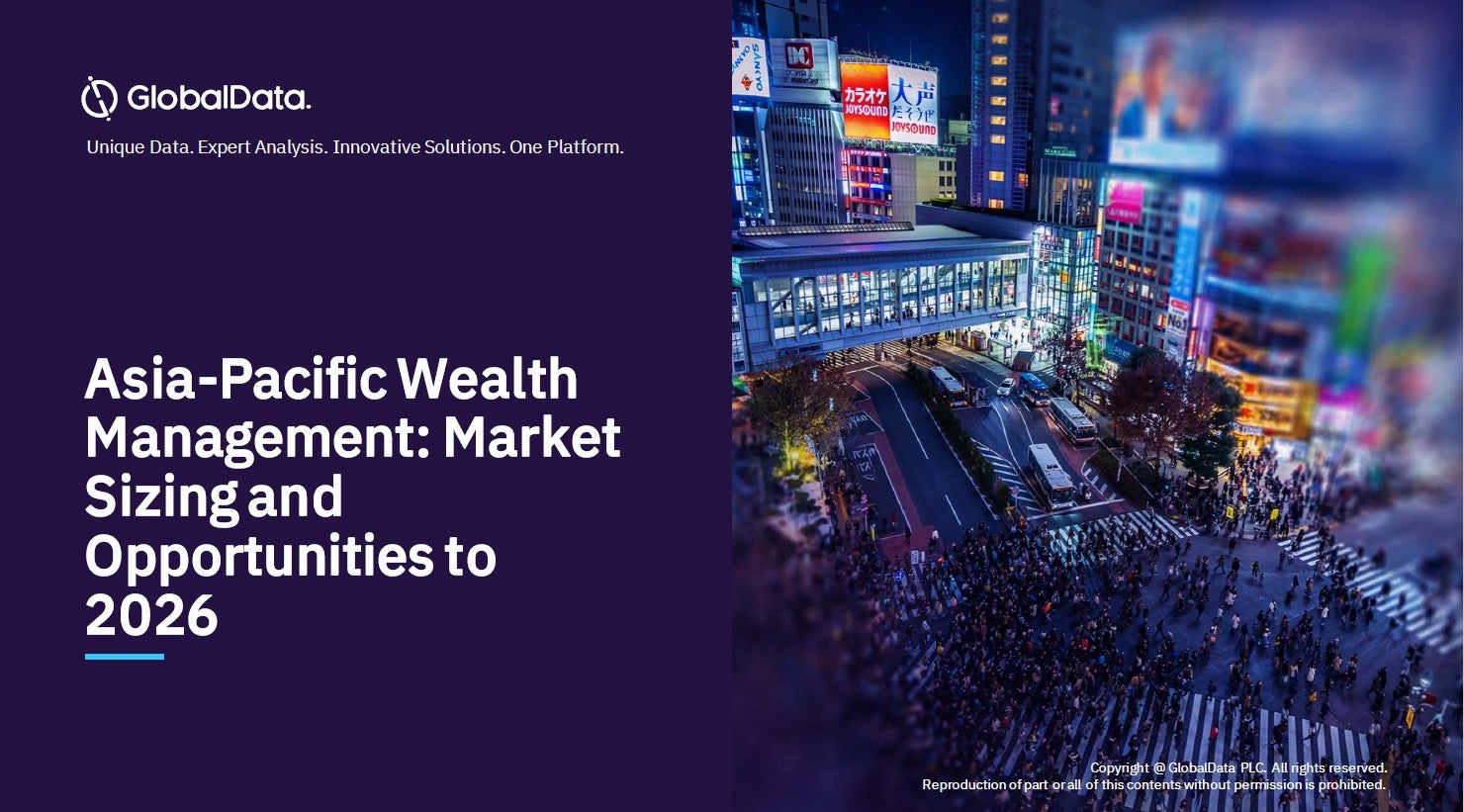A lack of business assurance
and slow-moving capital markets are just some of the difficulties
private banks and wealth managers face in the wake of the Middle
East’s confidence crisis. The need to have a direct presence close
to clients is also challenging, although a service targeted at
women is meeting success.
Private Banker
International (PBI): Gary, you made a high-profile
move from Merrill Lynch last year to Emirates NBD. What has been
your experience with clients since coming to the Middle East? Are
there any broad differences in investment styles or attitudes
between clients the Middle East and in Europe?
Gary Dugan,
chief investment officer, Emirates NBD Private
Banking: I find myself going around talking to
clients in the region at the moment and trying to make them
confident. There does seem to be a lack of confidence.
In the Middle East, you have something in the
ground, a natural resource that will play down your debts and
provide you with the next path for growth.
The other interesting thing is that it goes to
some of the conversations around family offices. I do sense a very
different royalty in the Middle East than 10 years ago. Ten years
ago, I said ‘Does anyone sell insurance policies?’ and they said
‘Of course not, we don’t need those sorts of things’. Now we are
seeing a very sharp increase in people wanting insurance policies
and people trying to be more mature about their responsibilities
whichever generation they may be in.
How well do you really know your competitors?
Access the most comprehensive Company Profiles on the market, powered by GlobalData. Save hours of research. Gain competitive edge.

Thank you!
Your download email will arrive shortly
Not ready to buy yet? Download a free sample
We are confident about the unique quality of our Company Profiles. However, we want you to make the most beneficial decision for your business, so we offer a free sample that you can download by submitting the below form
By GlobalDataThere are still very good family offices that
get it right and split strategic wealth and personal wealth but the
vast majority of my conversations are trying to get people to think
longer-term. It is getting to pull together a more sensible way of
investing and stopping themselves getting to a 100% equity
proposition.
PBI:
Traditionally, real estate and equities have been the preferred
asset classes in Dubai among high net worth clients. How has this
impacted investment performance through the last 18 months, and is
it fair to say interest in alternatives like hedge funds and
private equity is growing?
Jason Peers,
group chief executive, Jasper Capital Group: “I
have not seen one client recently that has said to me they were
interested in hedge funds. People are very interested in private
equity.
I disagree that very few people in the region
have the confidence to take a direct position in a foreign
business. They know how bad it is to manage their own business so
the idea of taking a significant position in a foreign business
scares the life out of most of them. This is very frustrating
because I think, in many cases, they should be investing
internationally.
Direct merger and acquisition is exciting and
it takes a lot of confidence to do this. Ultra high net worth
individuals (UHNWI) got excited by the real estate bubble in Dubai
and they have therefore suffered. Money is not getting around the
system.
There is a major payment problem as banks have
pulled back. Therefore, UHNWI are accumulating cash to refinance
their own businesses where the banks have pulled back or they are
accumulating cash to allow them to continue to grow. Where UHNWI
have got cash they can see some fantastic opportunities, but they
are waiting for the time to take advantage of these.
Nigel Putt,
head of private banking, Lloyds TSB International Private Bank –
Dubai: Everything goes through strategic asset
allocation and tactical views, but the last conversation is the one
about what is the high year deposit rate today that is 80% to 90%
of any private bank sales for people based out there.
We need to see the central bank of the region
get money going. I am not sure that it has the tools. The banks are
enjoying it to some extent as it is starting to rebuild their
balance sheets for them, but we need to see outside capital coming
in to replace the local capital and then the local capital can get
invested and then we can start to see the economy moving again.
PBI: What are
your thoughts in setting up offices across the Middle
East?
Peers: We have a huge and
fundamental problem in the region which we tend to forget about and
that is that there are regional divisions between states – we have
13 different places with 13 different rules, we need to fix
currency and so on and [work out] what is going to happen across
the region.
Jahangir Aka, senior executive officer, SEI
Middle East: One of the problems I experience when
I go to talk to sovereigns is what direct and indirect presence we
have in the region and that you need to have an office in each
region to be able to operate there, which is simply not
commercially or economically viable.
Peers: The Dubai International
Financial Centre was somewhere where we could put our feet down,
but barriers are being put up across the region – not deliberately
but they exist and make doing business difficult.
Putt: The basic rule comes
down to the identity of what it is you represent and whether you
are bringing what you do in your home country without amendment or
whether the new environment will instil changes in what you
offer. But in either case if you are an advisory business you
probably need to be close to your clients and it is therefore a
commercial decision.
PBI:
Mayfair was one of the first businesses in the country to
specifically target female investors. What was the rationale behind
this, and how do you tailor your services specifically for female
investors?
Amani
Choudhry, chief executive, Mayfair Wealth Management
Company: Women have a certain amount of
wealth in this region, especially in Saudi. Increasingly, women are
more financially astute and wealthier through marriage,
inheritance, divorce. A large amount of wealth has mainly focused
around their family business and not diversified much locally.
Women have been very reluctant to
engage with financial institutions. They feel intimidated talking
to commercial institutions and many were travelling overseas to our
London office to get financial advice. We realised that there was a
niche market that needed servicing here. We work with clients on an
individual basis, helping them to understand their needs and to
diversify their wealth. Banks are now talking to us to see what
else is on offer for these women.








